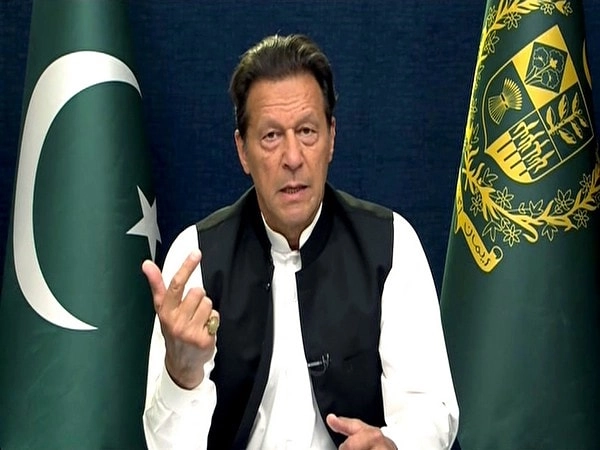In a recent statement, former Prime Minister Imran Khan delivered a poignant message directed at General Asim Munir, the current Chief of Army Staff of Pakistan. Khan expressed his concerns regarding the mental strain and psychological burden he believes he has endured due to the actions and decisions made by the military leadership. He accused General Munir of what he termed “mental torture,” suggesting that the military’s involvement in the political arena has led to undue stress and anxiety for him and his supporters. This assertion reflects Khan’s ongoing tension with the military establishment, which has historically played a crucial role in Pakistan’s politics.
Khan’s allegations point to the broader context of civil-military relations in Pakistan, where the army has often been perceived as a dominant force influencing political outcomes. His remarks highlight a growing sense of disillusionment among certain segments of the population who feel that the military’s intervention in politics undermines democratic processes. By framing his experiences as mental torture, Khan is not only voicing his personal grievances but also resonating with those who feel similarly oppressed by the overarching power of the military in governance.
This confrontation comes at a time when the political landscape in Pakistan is increasingly polarized, with Khan’s party, the Pakistan Tehreek-e-Insaf (PTI), facing significant challenges. His message to General Munir may also serve as a rallying cry for his supporters, emphasizing resilience in the face of adversity. By publicly addressing the army chief, Khan is attempting to highlight the psychological ramifications of political repression, which many believe to be a critical issue in the country’s ongoing struggle for democratic integrity.
As the situation unfolds, Khan’s accusations could potentially escalate tensions between his party and the military establishment, raising questions about the future of political discourse in Pakistan. The implications of this mental torture allegation extend beyond Khan himself; they touch on the collective experience of political dissent in a country where the military’s shadow looms large over civilian governance. Ultimately, this development may serve as a catalyst for renewed discussions on the balance of power and the necessity for a more democratic and transparent political framework in Pakistan.




